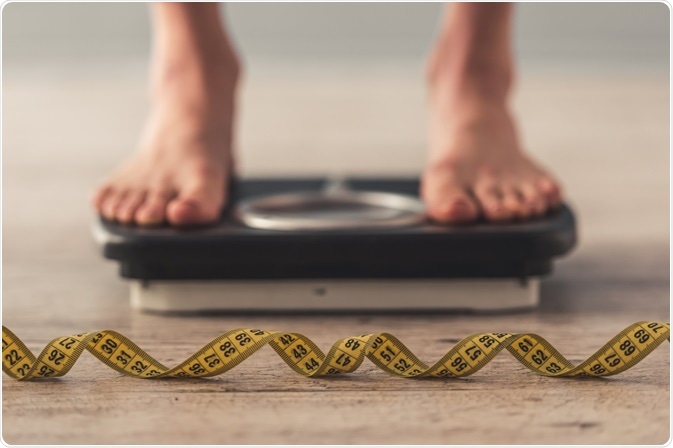For people with anorexia nervosa, the road to recovery can be long and challenging, particularly if they feel like they need to face the condition on their own.
Instead, it is important that they have a strong support network that encourages them to continue making small steps towards recovery and a healthy body weight.

Image Credit: VGstockstudio / Shutterstock
Friends and Family
Firstly, friends and family of the patient play an important role, simply by being aware of the condition and providing encouragement and support as they work through the disorder. Family and friends can also help to check up on the treatment plan and make sure that they are taking steps towards improvement.
Affected individuals should have someone that they can trust to talk to, whether this is a relative, friend, teacher, counselor or someone else that they know.
Health Professionals
It is also important for patients to feel comfortable talking openly and honestly about their symptoms and struggles with a health practitioner. They should be aware that all discussions are held confidential unless there is a serious risk to their health or safety when they would contact a parent or carer.
There are various health professionals that may be available to provide support to an individual with anorexia nervosa. This may include a social worker, counselor, psychologist or other professional specialized in mental health and eating disorders. A dietitian can also provide valuable support in helping patients to make healthy diet choices and come up with strategies to stick to the plan.
Eating Disorder Support Groups
Patients with anorexia nervosa often require additional support to help them make lifestyle changes and reach their weight goals and recover. Eating disorders are difficult to overcome, and affected individuals are often unable to relate to family and friends that are not facing the same struggles.
An eating disorder support group is a group of people who meet on a regular basis to help and support each other as they recover from having an eating disorder such as anorexia nervosa or others. They are often very useful as they allow patients to feel understood and accepted within a community of people with similar struggles.
There are various ways that members of the group can help each other and may include:
- Providing and discussing information about eating disorders
- Sharing personal experiences, struggles or successes
- Listening to other people’s experiences with similar issues
- Supporting each other on their journey to recovery
Some eating disorder support groups also advocate for individuals with an eating disorder and inform the public about relevant information.
Types of Support Groups
Eating disorder support groups may run on a self-help model or be operated by a professional the guides the discussion and support.
Self-help support groups are organized and managed by members of the group, who are usually facing or have faced similar issues to those experienced by the rest of the members. This type is also sometimes called peer support groups, fellowships or mutual help groups.
Professionally operated support groups are run by a professional such as a social worker, psychologist or therapist who oversees and manages the group discussions. This type of group is often run in an institutional or hospital setting.
References
Further Reading
Last Updated: Feb 23, 2023